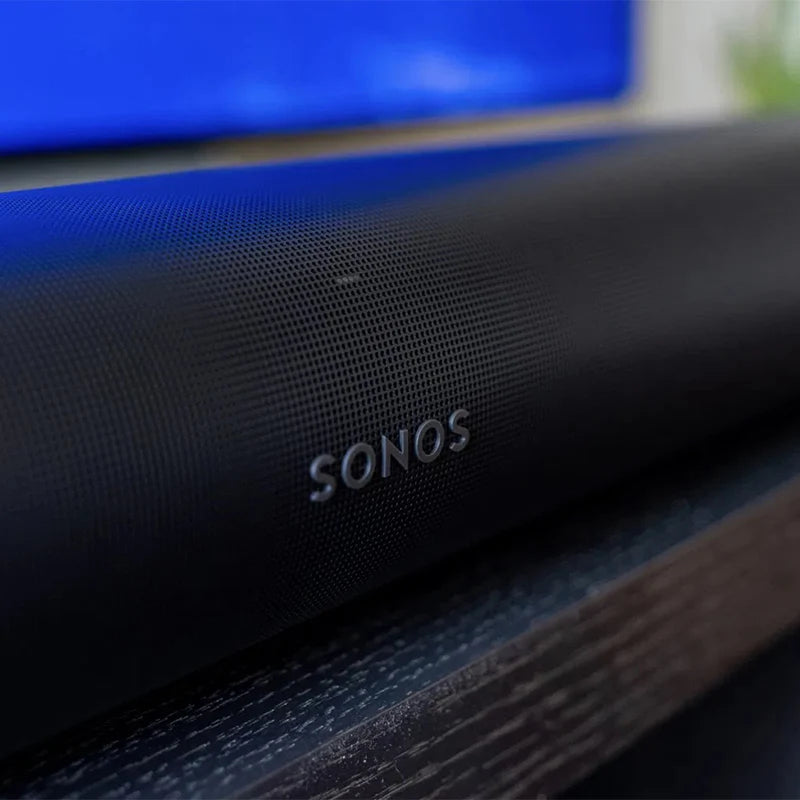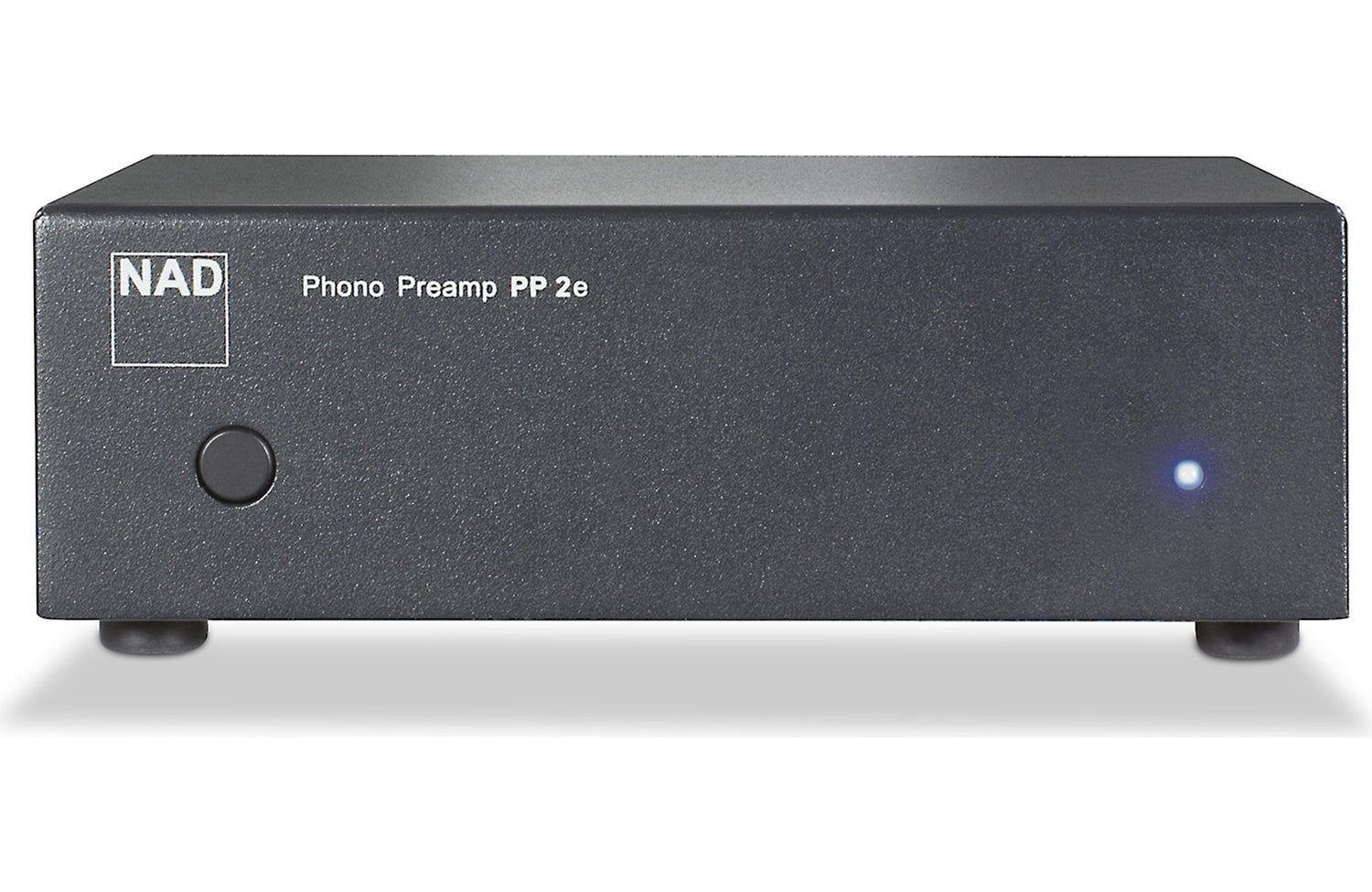
Review - SONOS ARC Soundbar
My first initiation with Sonos was in fact when a mate of mine bought one of these to get around a particularly troubling installation he had at his house. At the risk of being stereotypical, a sound bar was an elegant solution to his particular needs and after some demos the ARC was the unit selected for duty.
I have listened to a few soundbars in my time with the view that they have their place in the modern home where technology and clever electronic wizardry in the digital domain can take care of limitations of size and speaker distance placements by cleverly directing the right sound waves about the room to create the sonic illusion of much bigger speakers and their presence. It has always been a compromise solution in my mind, and that is by no means a bad thing given the upside that these soundbars afford you in space, neatness and a stunningly vanishingly small ‘non presence’.
The downside is that physical limitations encroach in that there is only so much physical speaker driver material that you can cram into the compact space available. Although the ARC is just over a meter in length and therefore not entirely out of the realms as a useful device to be swung at an opponent in hand to hand combat, it is still only has a further 115 mm by 87 mm within which to create a system that performs the roles of two front and one centre channel. It does so using eight full range drivers and three silk domed tweeters, each powered by its own D Class digital amplifier. You’d expect such a thing to require a forklift for positioning, but astonishingly the unit weighs in at only 6.25kg.

It is still plenty to give you a tactile sense of quality, however, and the ARC certainly doesn’t feel fragile in any way. It in fact does feel like it would do a fair degree of damage in the afore-mentioned combat scenario. In all seriousness, it is to combat though that we must look for the ARC. Audio combat that is, because controlling signals to all these amplifiers and drivers is an extraordinarily complex task that when executed belies the sophistication taking place behind the scenes. The ARC connects to your existing system via an HDMI Arc output from your TV or source from whence it is fed the digital signal that is then decoded into surround sound for your enjoyment.
That’s about where the stats with Sonos end. They are stunningly good at not revealing any, and that’s a choice I guess in how they want to approach and market their devices. On the upside it removes the back to back spec comparisons and forces you to listen for comparison, with the downside being a lack of technical info for those that like to more or less try and fit in specs with existing kit and environment because specs serve as a reference point as to what might be expected.
Sonos relies heavily on an app to connect you to your device. In fact the app is so much a part of the ecosystem that without it you’re pretty much powerless. Yes, once connected you can use your TV remote to control volume as you would ordinarily, but if you were to be streaming, for instance to listen to music, the ARC connects into your local Wi-Fi network and from there to the app on your smart device. It’s all fine when it works but as I discovered after spending hours on failing to setup, sometimes a hard reboot is needed to flush out previous installation data to kick off from fresh. That was really the only minor technical issue that I had.
Sonos has taken the view that their kit knows what to do, and the less interference from the user the less opportunity there is for matters to go wrong, which means that your system at source is where you trim the settings. From within the app your ability to overly manipulate the sound is limited to basic treble and bass settings and a loudness feature. Think of it as a ‘wire with gain’ approach that keeps life simple. TruePlay is the Sonos tuning facility that allows you to tune the soundbar with your room but as this function is non existent on Android I didn’t use it.
But you do get voice activation, and this is a really neat feature that can be used in conjunction with Alexa. The impact of this extends exponentially when you have more than one Sonos device in your home. Because with them all linked into your network not only can you control all of them from the same app but you can voice command them to be doing what you want when you want it. You can mute your kitchen but keep music playing outside, and the TV amusing the kids on their consoles or watching a movie.
This gives you control over your home sound, literally your entire home, to an extent that could not be achieved without considerable expense and complexity just a few years ago. And I suspect that the app will start to add additional layers of customization over time that will allow you to fiddle to greater and greater degrees with your sound setups.
I’m just not so sure that you will need them however, because whatever the recipe that Sonos has concocted for the ARC is, it works and it works well. Immediately from having it synced and operational in my system, thereby taking my front and existing centre channels out of the equation entirely, my TV experience didn’t feel as if it was suffering greatly from a massive step down. I cannot say the same for other soundbars when I have had them installed, and whilst the Sonos has a modest 87 dB on hand it’s more than enough for TV and movie watching. I shan’t get into consoles because to be honest it was a little too good and I ‘accidentally’ turned if off so that headphones had to be deployed by our resident 11 year old. There were moments of weakness however when Metallica was playing in Fortnite in the game (it’s amazing) but I managed to resist…
 Sonically the ARC is impressive in its ability to throw sounds where they are needed to give you that centrally engaged experience. The centre channel carrying dialogue is particularly good with a level of natural timbre that elevates the spoken word. The ARC has the ability to both spread and then tighten the centre channel on demand to the point where people on the left of the screen are talking from the left whilst those on the right are also located where they are supposed to be. I didn’t run Dolby ATMOS, but the ARC will be better off for it.
Sonically the ARC is impressive in its ability to throw sounds where they are needed to give you that centrally engaged experience. The centre channel carrying dialogue is particularly good with a level of natural timbre that elevates the spoken word. The ARC has the ability to both spread and then tighten the centre channel on demand to the point where people on the left of the screen are talking from the left whilst those on the right are also located where they are supposed to be. I didn’t run Dolby ATMOS, but the ARC will be better off for it.
Surround sound is equally impressive and it’s the size of the ARC that I think helps with this, in that it is able to spread the sound right and left physically to a greater degree. Whilst you don’t quite get the ‘behind you’ sounds to the same extent that you would if you added a small pair of rear fill speakers (which Sonos can help you with) there is more than enough sensation of being drawn into the sound field that a movie has generated to satiate the most avid at home movie watcher.
Just add popcorn.
For me I was continually picking up on detail delivered by the ARC that is nigh on pinpoint in terms of balance and clarity. This is a result of the individually driven amp and driver combinations that go a long way to disguising the one small short fall that the ARC suffers from. Although I must point out that it disguises it well, better than many of its competitors that I have heard over the years, it is simply a physical limitation when it comes to low end bass. There just isn’t any and whilst the ARC does a really good job of presenting what bass it can, in those movies where you need the impact of slam you are going to benefit from the addition of a decent sub. This will catapult an already good performance to the next level.
And yes, of course Sonos offers precisely such a thing and it is called the Sub (Gen 3) and yes, I have one in the system as I write this.
I don’t want you getting the wrong impression that there is no bass from the ARC. That is certainly not the case because there is bass, plenty of it given its size and more than enough to keep everyone happy. It is only on the really lower end of the deeper bass notes that the ARC (and all soundbars) come up a little short. You can’t skirt around it – there is a tradeoff in size and convenience against low end grunt and that’s just part of the deal that we live with called physics. Easily solved by adding a subwoofer.
I did throw the ARC a bit of a curve ball and listened to it with music streamed into it. In this case I just Spotified to it and let the ARC do the rest. The result isn’t quite true blue stereo with the kind of channel separation that one might expect from a more conventional stereo speaker system, but bear in mind that the ARC is now playing the role of DAC/Amp/Speaker playback in a single device. It is thus asking a lot from it to deliver music in addition to everything else it does as a soundbar. And yet, incredibly, it manages to pull off a musical performance that you can quite happily listen to without feeling short changed. And it is also more than enough to have a relatively raucous party within an environment it was designed to fill.
The ARC sells well and and it is easy to hear why this is the case. At absolute limits there are soundbars that will go louder, but this is not really what soundbars are all about. They are an alternative space saving offering to traditional three speaker setups in home theater environments, taking out the amp and sound processors / receivers for good measure. With multiple drivers and clever electronic brains, sound can be thrown around a room to generate the illusion of multiple sound sources, too. It was a pleasure having the ARC in my system doing duty and even in a relatively large room it never felt stressed or compromised. It is an impressive soundbar and I thoroughly enjoyed my time with it both in music playback and in regular movie and TV watching.
Story By: William Kelly (AV News)

